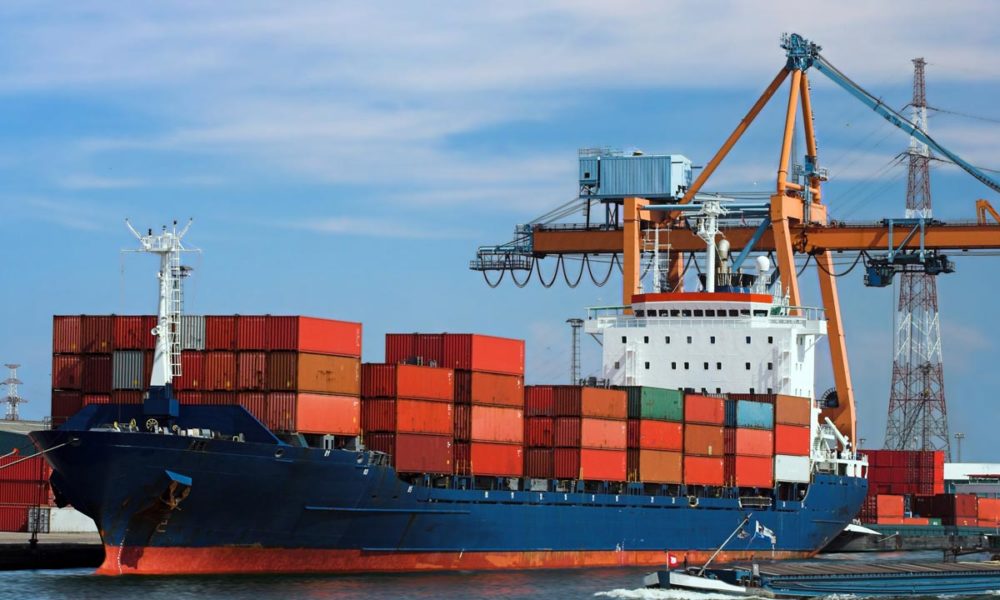Economy
Nigeria’s Foreign Trade Grew by 6.8% in Q3, 2019

- Nigeria’s Foreign Trade Grew by 6.8% in Q3, 2019
Nigeria’s total value of trade rose by 6.77 percent to N9.187 trillion in the third quarter (Q3) of the year, the National Bureau of Statistics (NBS) reported.
According to the report, the value traded grew by 1.33 percent when compared to Q3, 2018 and 6.8 percent more than what was obtained in Q2, 2019. Suggesting that border closure directed by President Muhammadu Buhari in August to curb smuggling and leakages was effective despite the current report partially reflecting its impact.
The total value exported during the quarter surged by 15.02 percent (N5.29 trillion) when compared with the preceding quarter of 2019 and 8.97 percent when compared with the corresponding quarter of 2018. While this is not unique, component of the non-oil sector exported grew by 29.13 percent or N1.54 trillion.
Similarly, the value of imported goods declined by 2.70 percent to N3.89 trillion during the quarter when compared to Q2, 2019 and 7,47 percent when compared with the same quarter of 2018. This, the NBS attributed to the drop in the values of mineral fuel and crude inedible materials imported that declined by 41.98 percent or N381.9 billion and 24.44 percent or N15.95 billion, respectively.
Africa’s largest economy recorded N1.39 trillion in trade surplus in the third quarter of the year.
In a surprising twist, Ghana emerged Nigeria’s largest export trading partner in the third quarter as 17.18 percent of total goods were exported to the country. Again, this indicated that smuggling has reduced and validated statements from the customs that duties grew following border closure.
Earlier this month, the Minister of Information and Culture, Alhaji Lai Mohammed said Nigeria Customs Service (NCS) now generates N8 billion per day.
“Smuggling of petroleum products out of Nigeria has been greatly reduced. The closure of filling stations along the border is a huge success. There are hundreds of filling stations along the borders. We counted many as we drove to the border this morning. They were set up purposely for smuggling. They don’t sell the fuel consignment they receive to the public. About 50 percent of them are owned by foreigners. Now that they are closed, we have recorded over 30 per cent reduction in domestic fuel consumption,” Mohammed said.